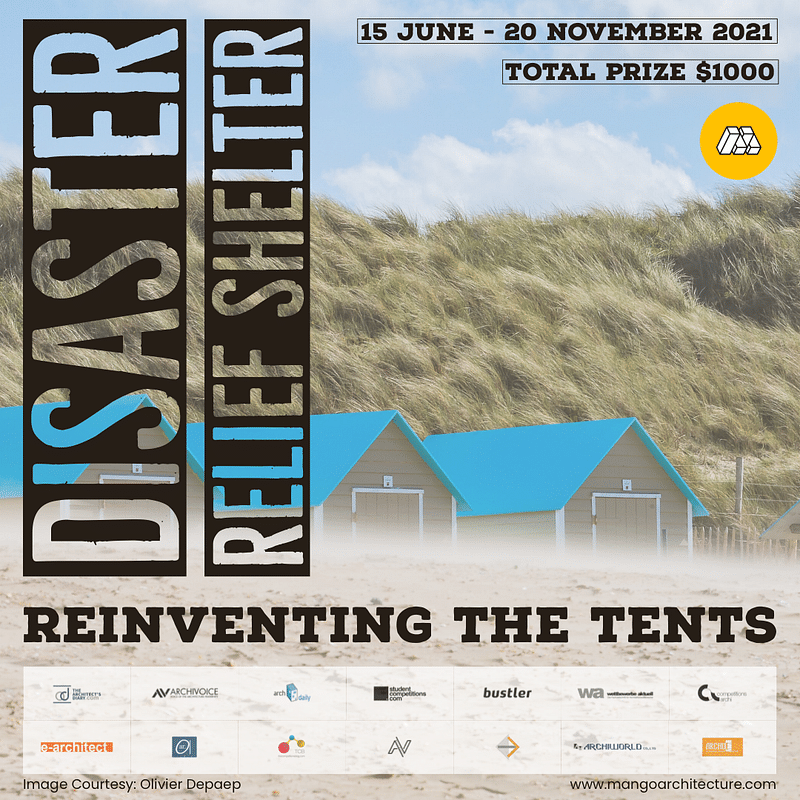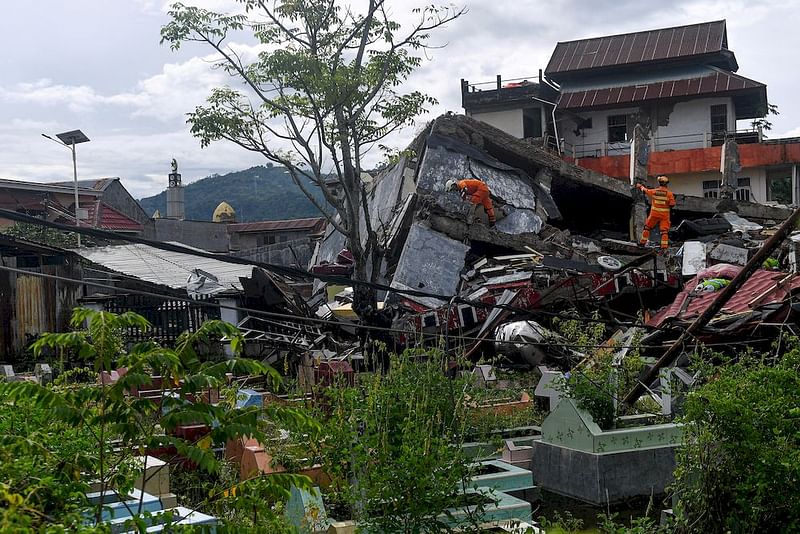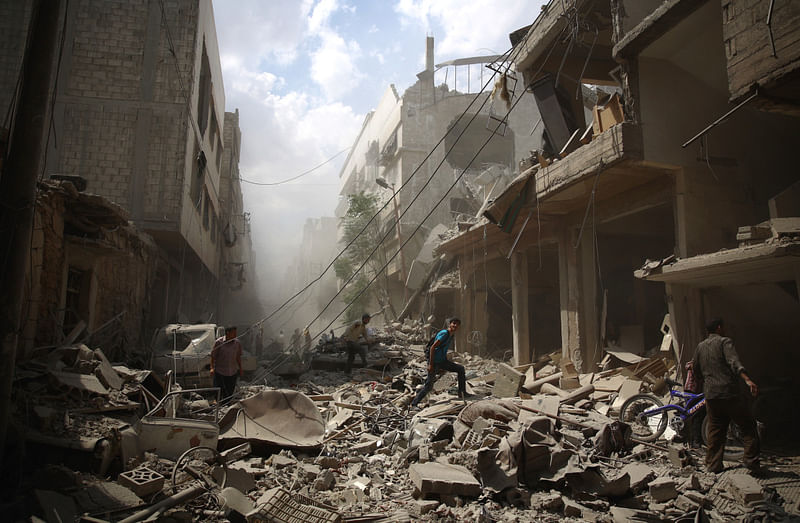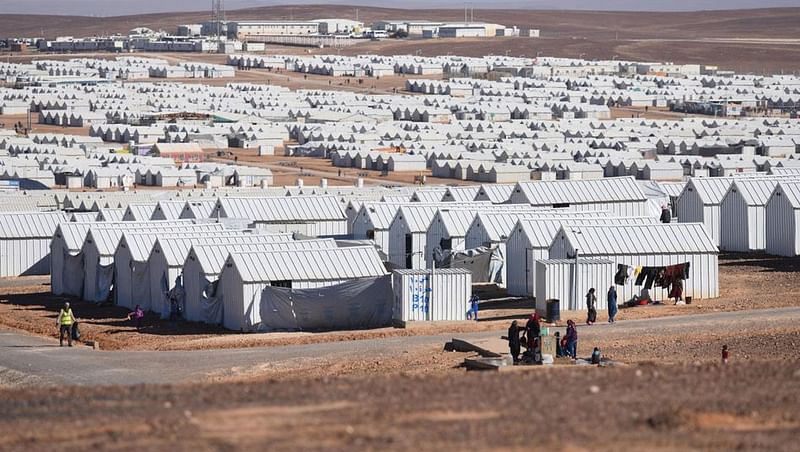Disaster Relief Shelter-Reinventing The Tents
Registration Deadline: Wednesday, Oct 20, 202111:59 PMIST
Submission Deadline: Saturday, Nov 20, 202111:59 PMIST
Related
India is vulnerable, in varying degrees, to a large number of disasters. Most of us will remember the year 2020 for the coronavirus pandemic. However, while the pandemic brought our human lives to a standstill, nature could not be reigned in.
Amidst the raging pandemic, India survived cyclones, floods, rains, biblical plagues, industrial disasters, locust attacks, and whatnot.
More than 58.6% of the landmass is prone to earthquakes of moderate to very high intensity; over 40 million hectares (12%) of its land is prone to floods and river erosion; close to 5,700 km, out of the 7,516 km long coastline is prone to cyclones and tsunamis; 68% of its cultivable area is vulnerable to droughts; and, its hilly areas are at risk from landslides and avalanches.
When disaster strikes, the need for short-term housing is immediate and urgent.
Disaster relief shelters play a vital role in large-scale disasters and are an important part of disaster response and recovery.
The challenge is to design a transportable, sustainable shelter that can support a sizable community and requires little maintenance. Making it ideal for deployment to any disaster-stricken area lacking basic facilities and it also helps restore personal space and a sense of dignity for the victims.
Form the basis for the Future Shack, a self-contained, modular refugee shelter unit. It can be mass-produced with a minimum of materials and is easily stockpiled, making it a versatile emergency shelter unit.
The size should be roughly 18 sq.m. in size, however, the design should be able to extend up to 40 sq.m. if the family grows. A person requires 3 sq.m. to 3.5 sq.m. of room, hence an 18 sq.m. tent can accommodate up to 5 people, while a 40 sq.m. tent can accommodate up to 11 people.
It should be easily assembled as needed within 6 hours or less on almost any terrain – with no excavation, which means construction does not add to soil erosion problems or create additional damage to the area.
Depending on the water collection solution of your design, it can also include a universal sink and shower. Keep in mind that materials have to be cheap and easy to install.
When the shelters are no longer required, they can be quickly disassembled and relocated around the world.
Competition Link: https://www.mangoarchitecture.com/disaster-relief-shelter
The main requirements of this competition are:
• Facilitate future growth in the (modular) accommodation unit.
• Make it easier to relocate the shelter's doors and windows.
• Use of sustainable and easy to get materials.
• Integration of a water recycling system is also a bonus.
• Basic commodities such as bathroom and kitchen are important. the main area of the shelter unit, where the family spends most of its time. This space will include a night space where members will be able to sleep and a day living space.
• The shelter must be built using a dry construction system, which means that materials such as concrete or bricks are not permitted. As this is a temporary solution, dry construction systems must be applied.
• The assembly technique should not require the use of power tools (since volunteers are not necessarily required to know how to use them). The shelter must be built using only hand-held mechanical tools like shovels, hammers, screwdrivers, etc.
Additional features such as the solar panel system to use electricity in the event of an emergency.
Prizes:
- Total Prize money of $1000 equivalent to INR 75,000 approx will be awarded to the top 3 winners.
- E-Certificate of Achievement.
- Interview
- Media Publication
Competition Link: https://www.mangoarchitecture.com/disaster-relief-shelter





Share
0 Comments
Comment as :